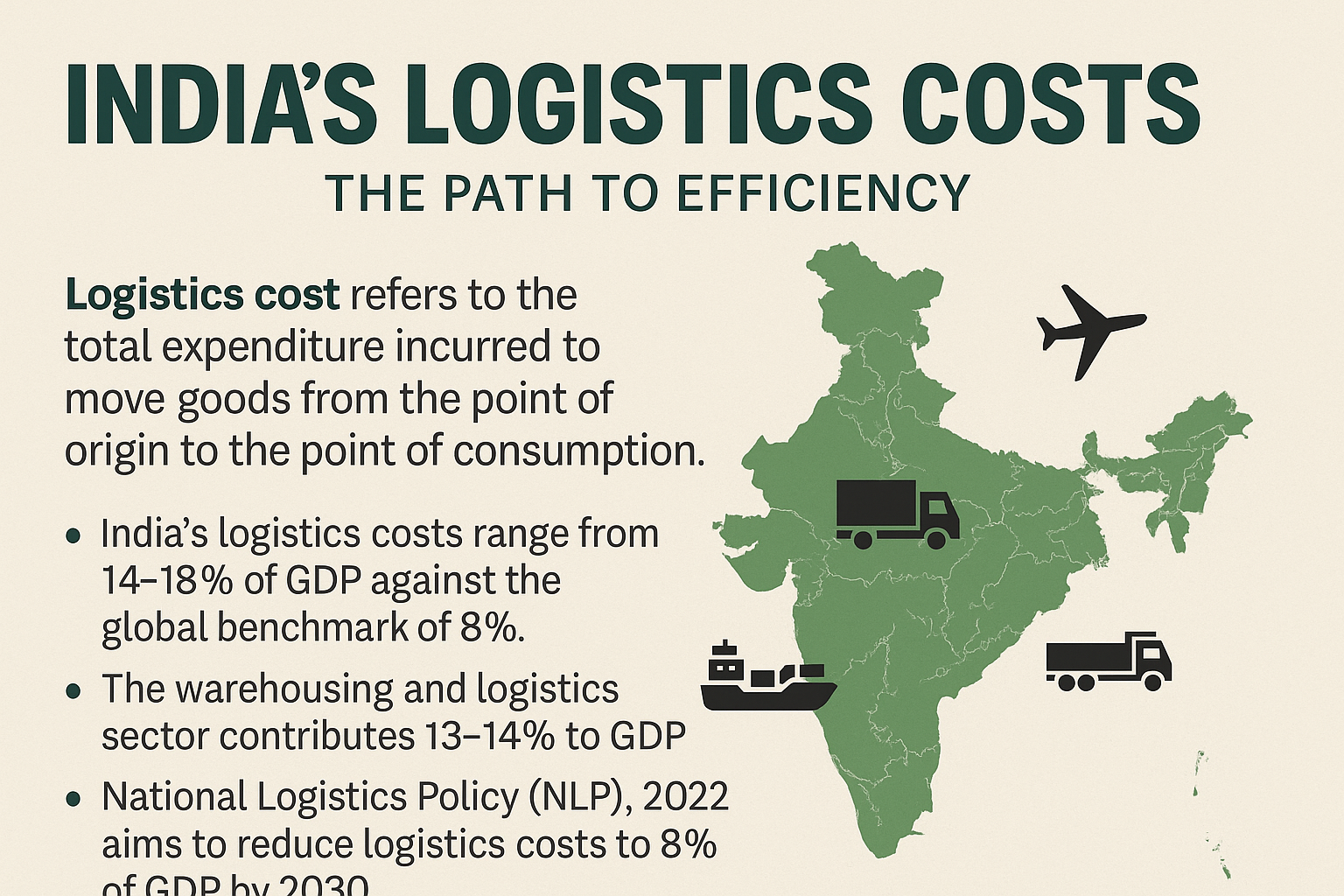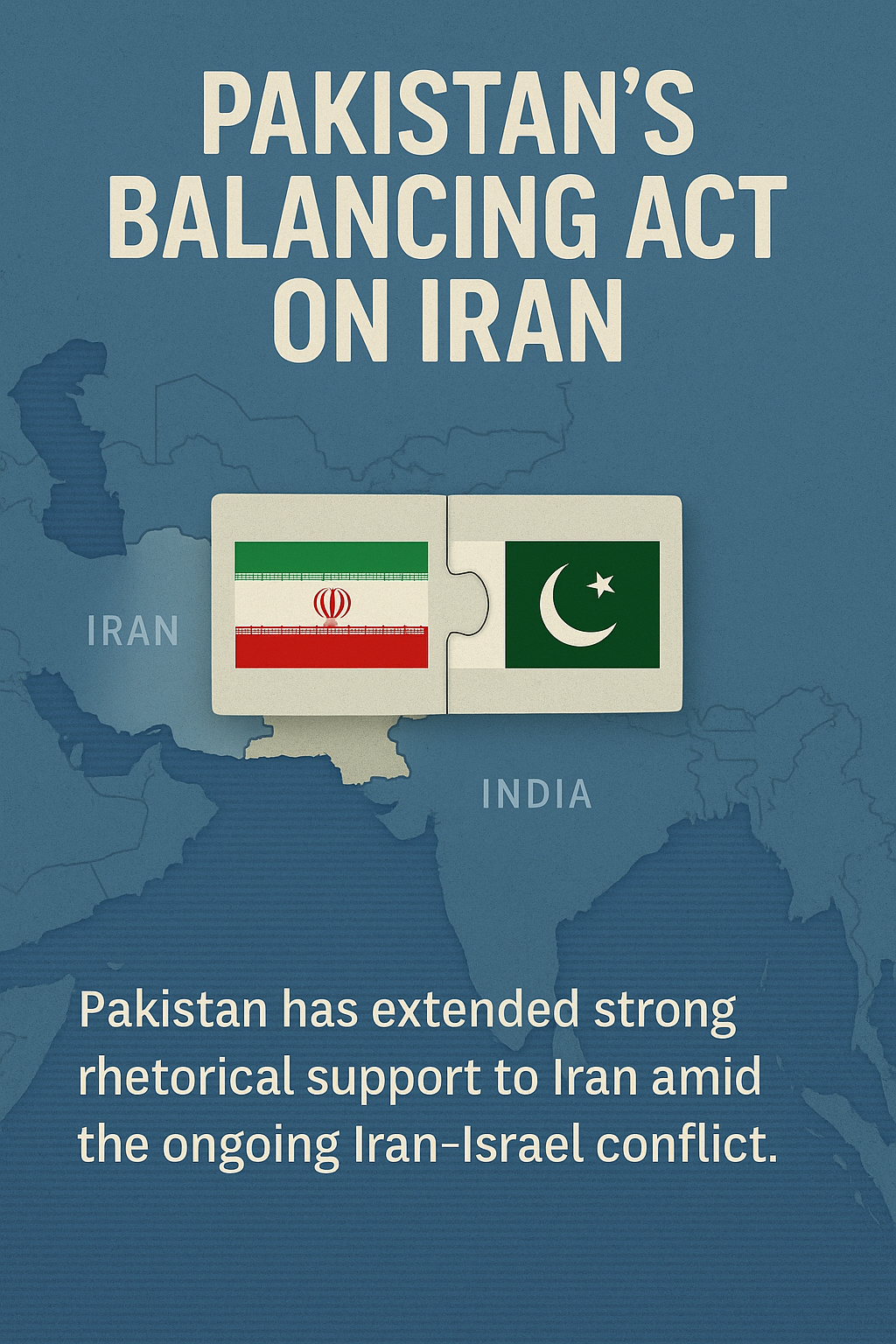099.
Climate Change | Education Disruption | UNICEF Report 2024
242 Million Students Affected by Climate Disasters in 2024: UNICEF Flags Global Education Crisis
A sobering new report by UNICEF, titled “Learning Interrupted – Global Snapshot of Climate-Related School Disruptions in 2024”, has revealed that at least 242 million students across 85 countries faced disruptions in their education due to climate-related hazards. With 119 distinct events like heatwaves, floods, droughts, and storms halting learning, the report paints a dire picture of how the climate crisis is evolving into an education emergency.
🔥 Heatwaves: The Top Disruptor
- Heatwaves were the leading cause of school closures, impacting 171 million students globally.
- April 2024 alone saw 118 million students affected in countries like Bangladesh, Cambodia, and the Philippines.
- Prolonged high temperatures led to early summer vacations, delayed reopening, and unsafe classroom conditions.
🌪️ Other Major Climate Hazards
- Tropical cyclones disrupted schooling for 18 million students in September, with further effects in October and December.
- Storms and floods peaked in March and November, damaging infrastructure and forcing mass school closures.
- Droughts, worsened by El Niño, severely affected Southern Africa, which saw its worst drought in over 100 years.
🌍 Regional Impact Breakdown
| Region | Students Affected | Main Hazards |
|---|---|---|
| South Asia | 127 million | Heatwaves, floods |
| India (within South Asia) | 54 million | Severe April heatwave |
| East Asia & Pacific | 50 million | Cyclones, storms |
| Latin America & Caribbean | 30 million | Droughts, hurricanes |
| Middle East & North Africa | 8+ million | Storms, flash floods |
🚸 Children at the Climate Frontline
- Nearly one billion children globally live in climate-vulnerable countries.
- School disruptions amplify other risks: hunger, mental health challenges, dropouts, and child labour.
- Girls and marginalised children are especially at risk of permanently falling out of education after disasters.
⚠️ What is “School Disruption”?
UNICEF defines school disruption as any temporary or permanent interruption of learning due to climate events. This includes:
- School closures
- Damaged infrastructure
- Rescheduled classes
- Prolonged holidays
- Delayed school reopenings
🛡️ The Urgent Need for Climate-Resilient Education
UNICEF urges governments and global stakeholders to:
✅ Climate-proof school infrastructure
✅ Develop heatwave-responsive academic calendars
✅ Integrate disaster preparedness into school curricula
✅ Ensure continuity of learning through remote and flexible models
Conclusion
The climate crisis is now an education crisis. With millions of children losing precious learning days each year, climate-resilient planning in the education sector is no longer optional—it is urgent, essential, and a matter of intergenerational justice.















